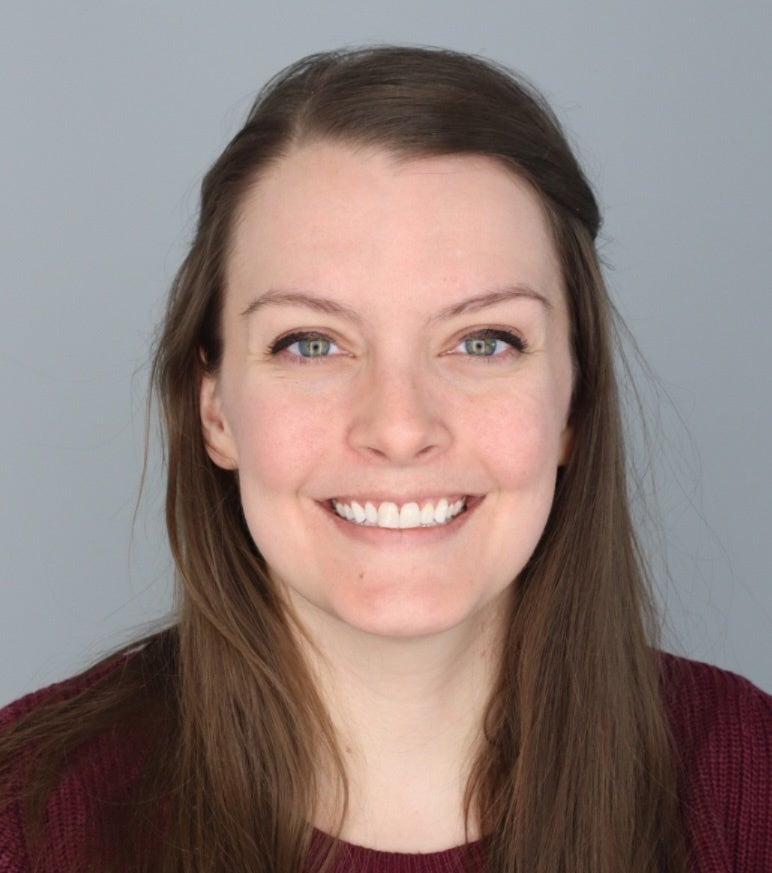Grad Lab
Our lab studies how pathogens evolve and spread. We use experimental and computational tools to test our hypotheses and collaborate with clinical and public health institutions. Our overall aim is to improve diagnostics, therapeutics, and clinical and public health strategies to aid in the control of infectious diseases.
Harvard T.H. Chan School of Public Health
665 Huntington Avenue,
Building 1, Room 715
Boston, MA 02115
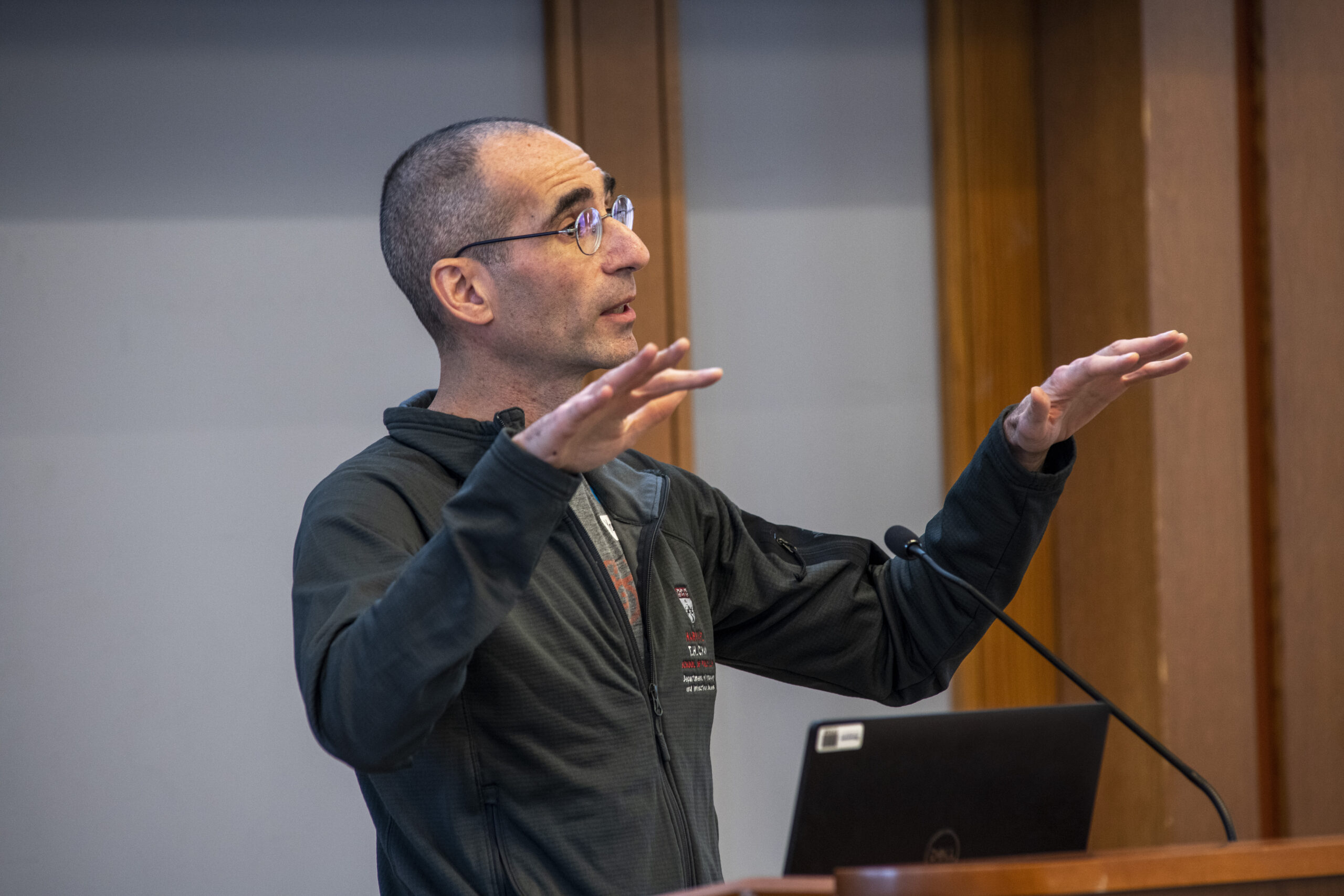
People
Yonatan Grad
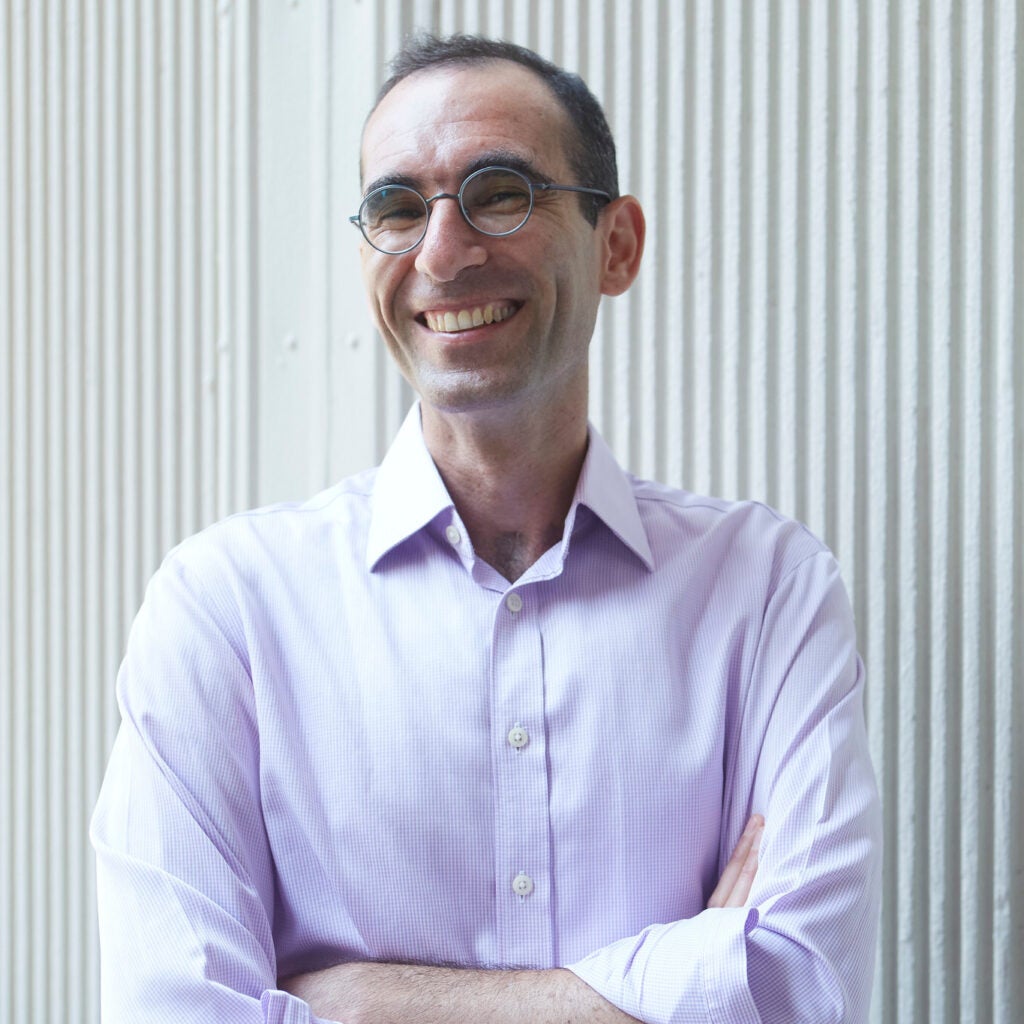
Yonatan is Professor of Immunology and Infectious Diseases at the Harvard TH Chan School of Public Health, and faculty in the Division of Infectious Diseases at Brigham and Women’s Hospital. He earned his MD and PhD at Harvard Medical School, trained in internal medicine at BWH and infectious diseases at BWH and Massachusetts General Hospital, and did his postdoctoral work in the Center for Communicable Disease Dynamics at the Chan School.
The Grad lab focuses on how to prepare and respond effectively to infectious disease threats through understanding interacting processes from microbial evolution through human ecology. The lab uses interdisciplinary methods, including microbial genetics, population genomics, and mathematical modeling to move across these scales, with goals of advancing clinical and public health practices.
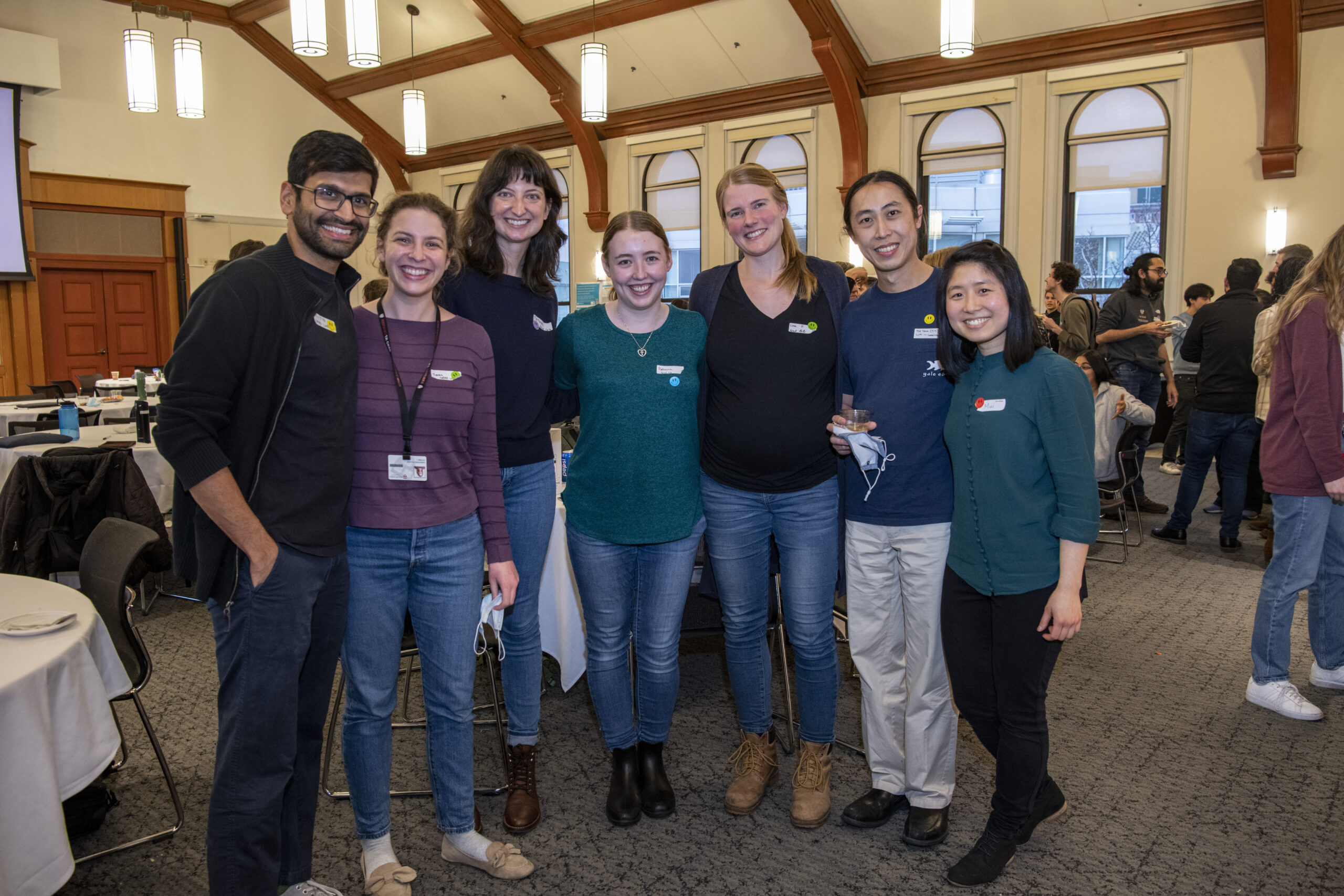
Researchers
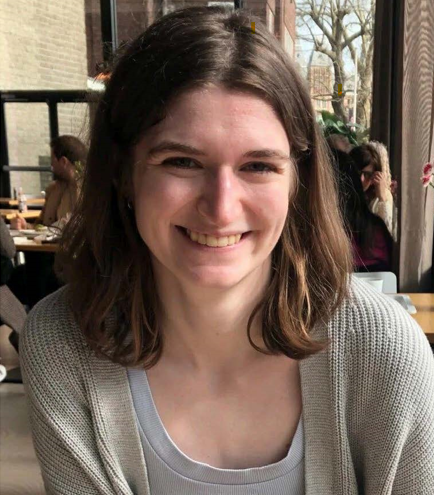
Sofia is currently studying fitness costs associated with resistance to new antibiotics in Neisseria gonorrhoeae.
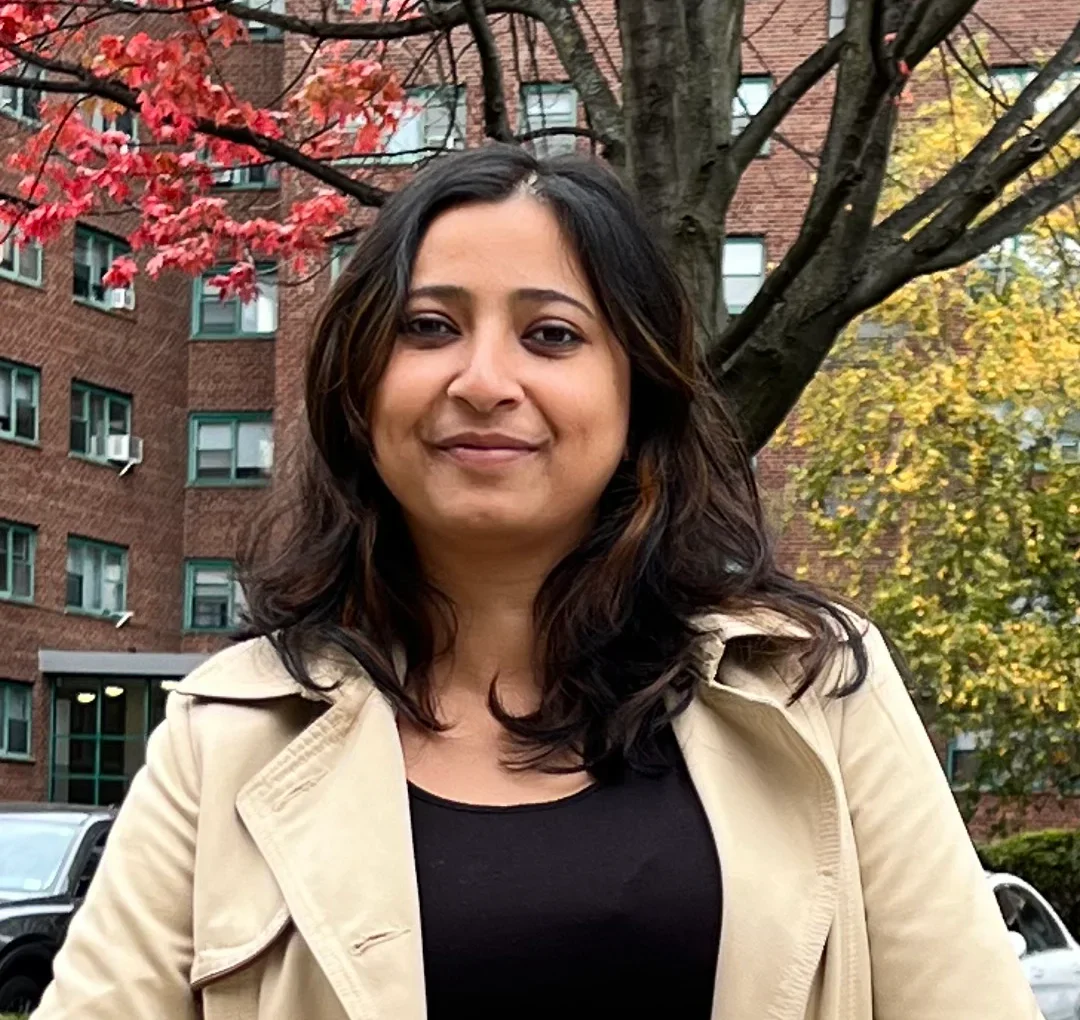
Aditi’s work focuses on the antigenic diversity of Neisseria gonorrhoeae and its interaction with host immunity.
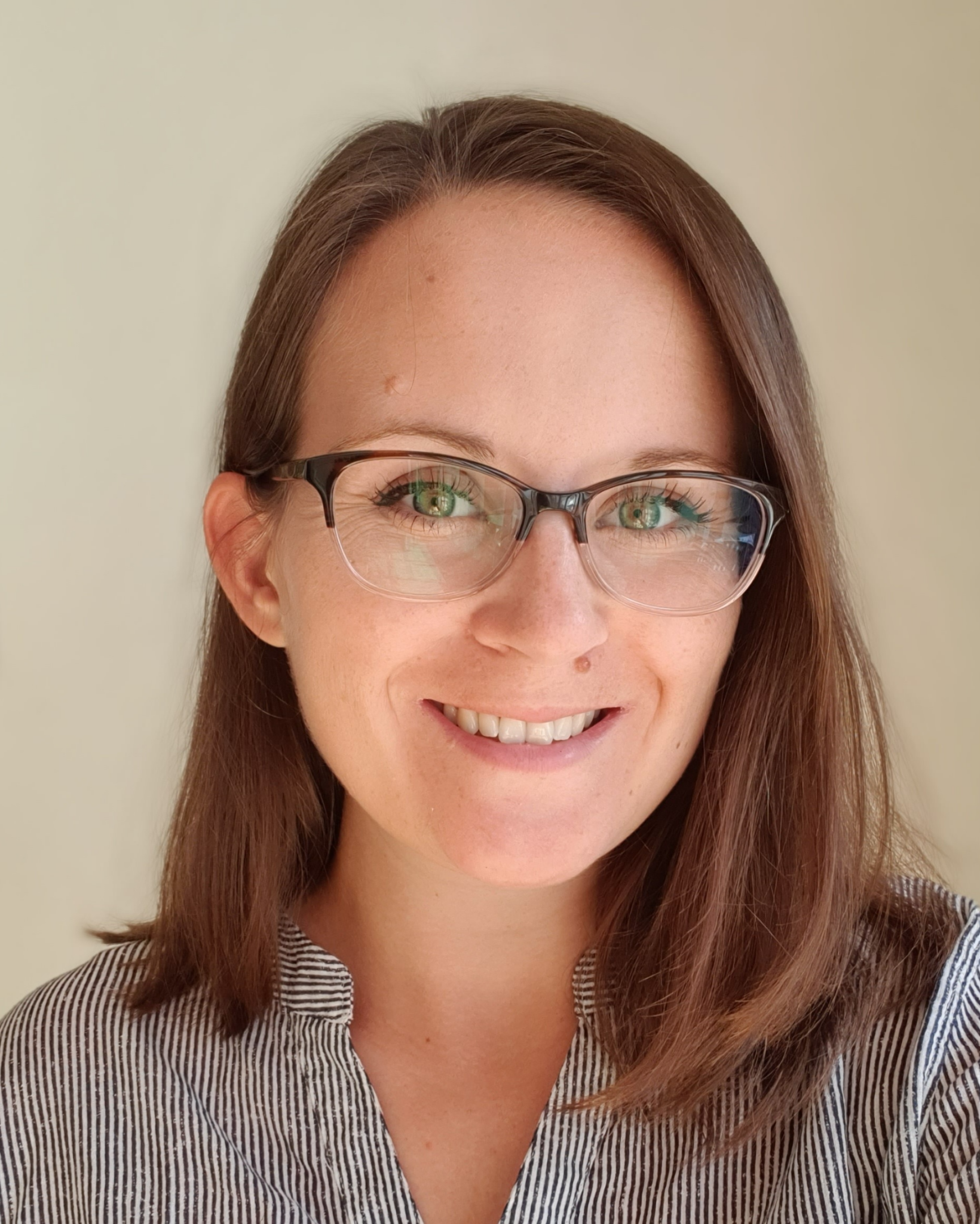
Kirstin is modelling genomic surveillance strategies for the control of infectious diseases using a combination of simulation-based and statistical methods.

Sam’s current research focuses on using genetic approaches to understand and exploit fitness costs associated with the acquisition of antimicrobial resistance in Neisseria and Streptococcus.
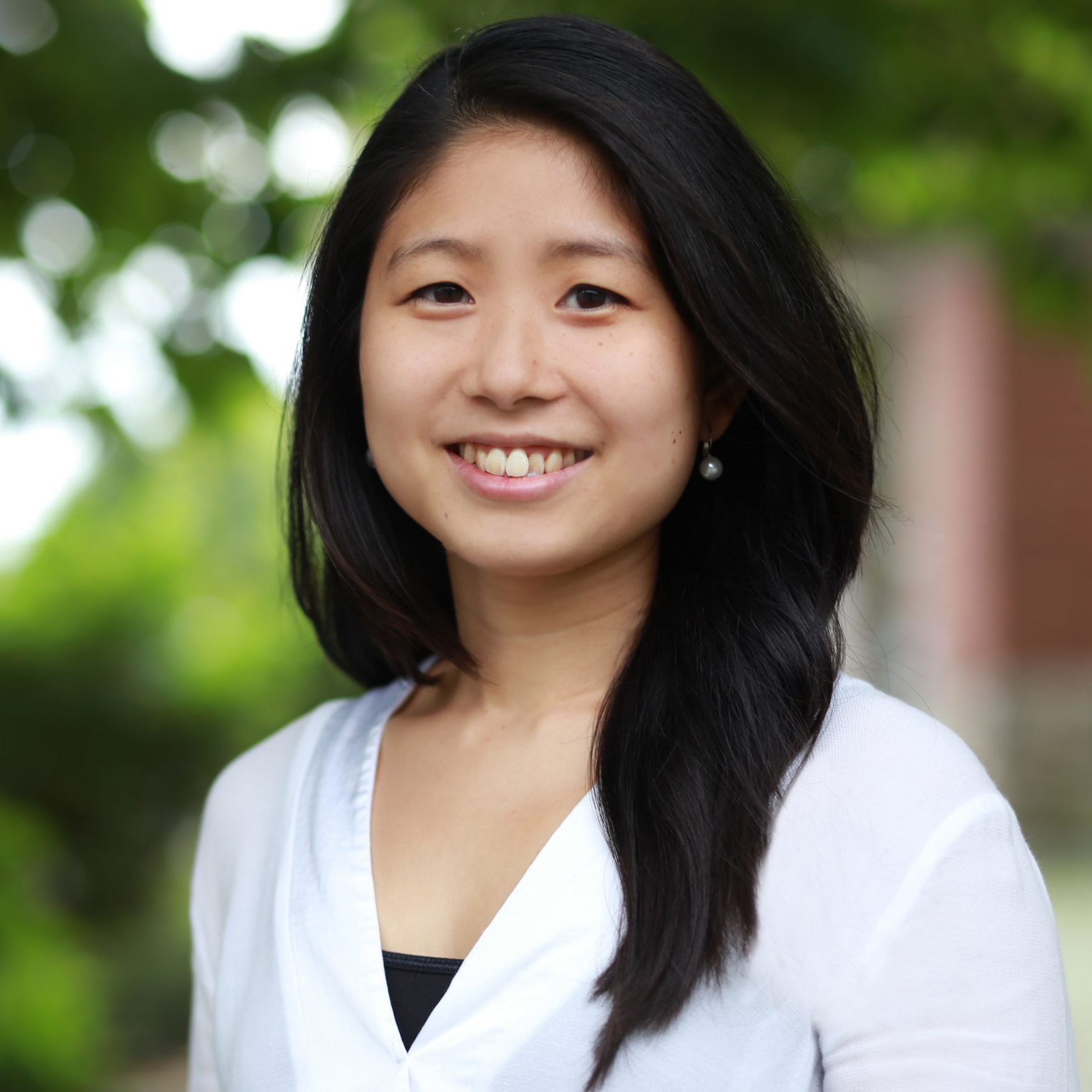
Mui investigates SARS-CoV-2 outbreaks by integrating epidemiological and genomic data from the National Basketball Association Occupational Health Program.
Postdoctoral Fellows

Aditya works on understanding mechanisms of drug resistance in N. gonorrhoeae.
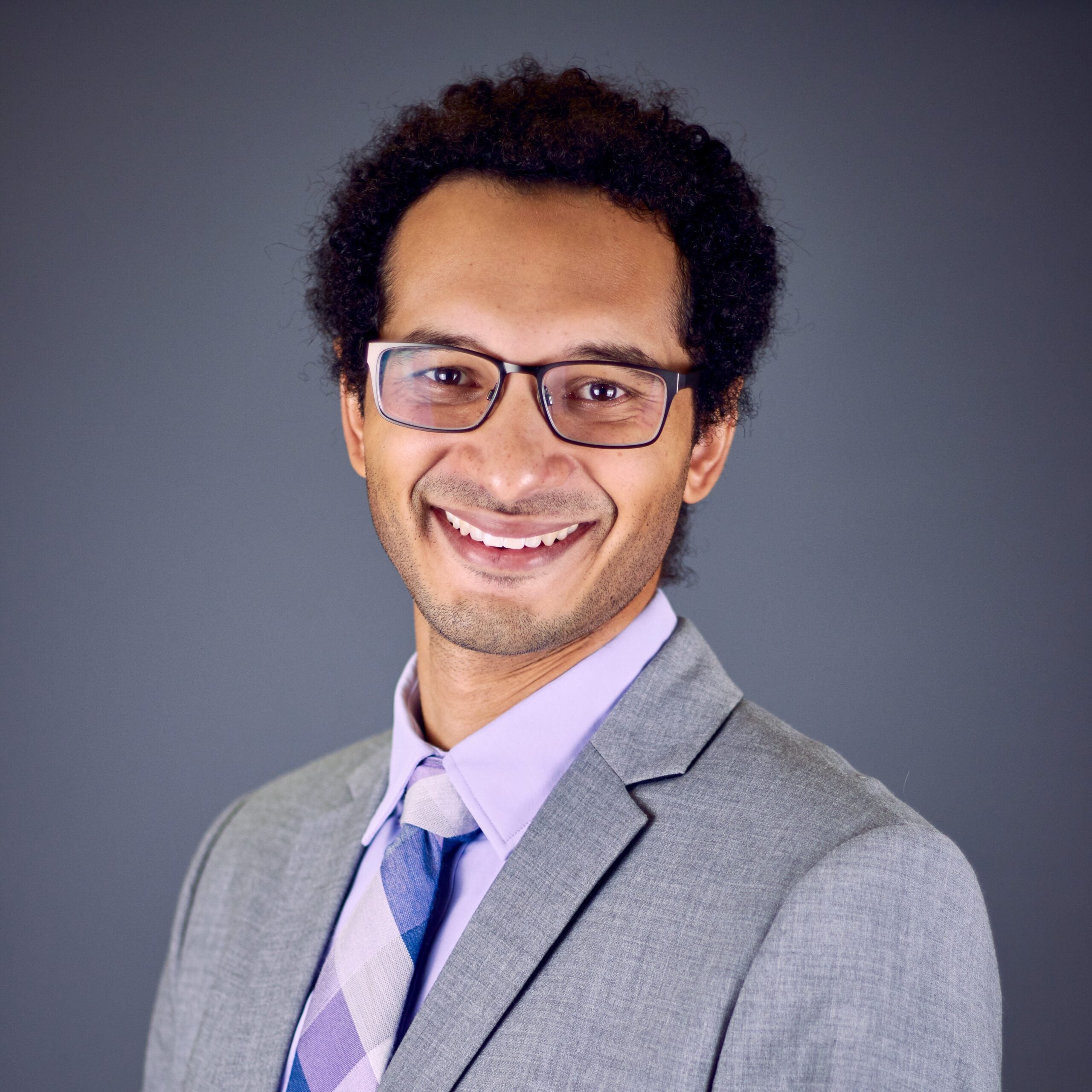
Alaric is a Pediatric Infectious Diseases Clinical Fellow at Boston Children’s Hospital and Postdoctoral Research Fellow, joining the Grad and Lipsitch labs. He obtained his bachelor’s degree in Ecology and Evolutionary Biology at Yale and his MD and PhD from Washington University in St. Louis. Alaric completed his dissertation research with Gautam Dantas in Computational and Systems Biology, studying bacteria and antibiotic resistance genes collected from hospitals, humans, and livestock. He subsequently completed Pediatrics residency at Boston Children’s Hospital.
His current research interest is using genomics, epidemiology, and modeling to understand how the prevalence and spread of antibiotic resistance responds to changing selection pressures.
Outside of science and medicine, Alaric loves reading, climbing, skiing, and spending time with his family and pets.

David works on questions about the genomics of antibiotic resistance in N. gonorrhoeae.

QinQin studies how the evolution and spread of N. gonorrhoeae is shaped by adaptive immunity and also investigates the equitability of wastewater surveillance.
Students

Alec is a PhD student in Population Health Sciences specializing in infectious disease epidemiology. His current research interests include modeling infectious disease dynamics under targeted policy interventions to improve methods for tracking disease transmission.

Bailey Bowcutt is a PhD student in the Biological Sciences in Public Health Program, advised by Dr. Yonatan Grad. She is interested in antibiotic resistance in Neisseria gonorrhoeae, specifically involving drug-drug interactions and mutation interactions related to the two new antibiotics for Neisseria gonorrhoeae that are being released. Bailey holds a B.S. in Microbiology with a minor in Global Public Health and Epidemiology from Michigan State University. She has also trained at the Wyoming Public Health Labs researching antibiotic resistance in Shiga Toxin-producing E. coli and assisting with wastewater and clinical SARS-CoV-2 testing. Outside of work, she loves drinking tea, eating ice cream as often as humanly possible, and learning ballet.
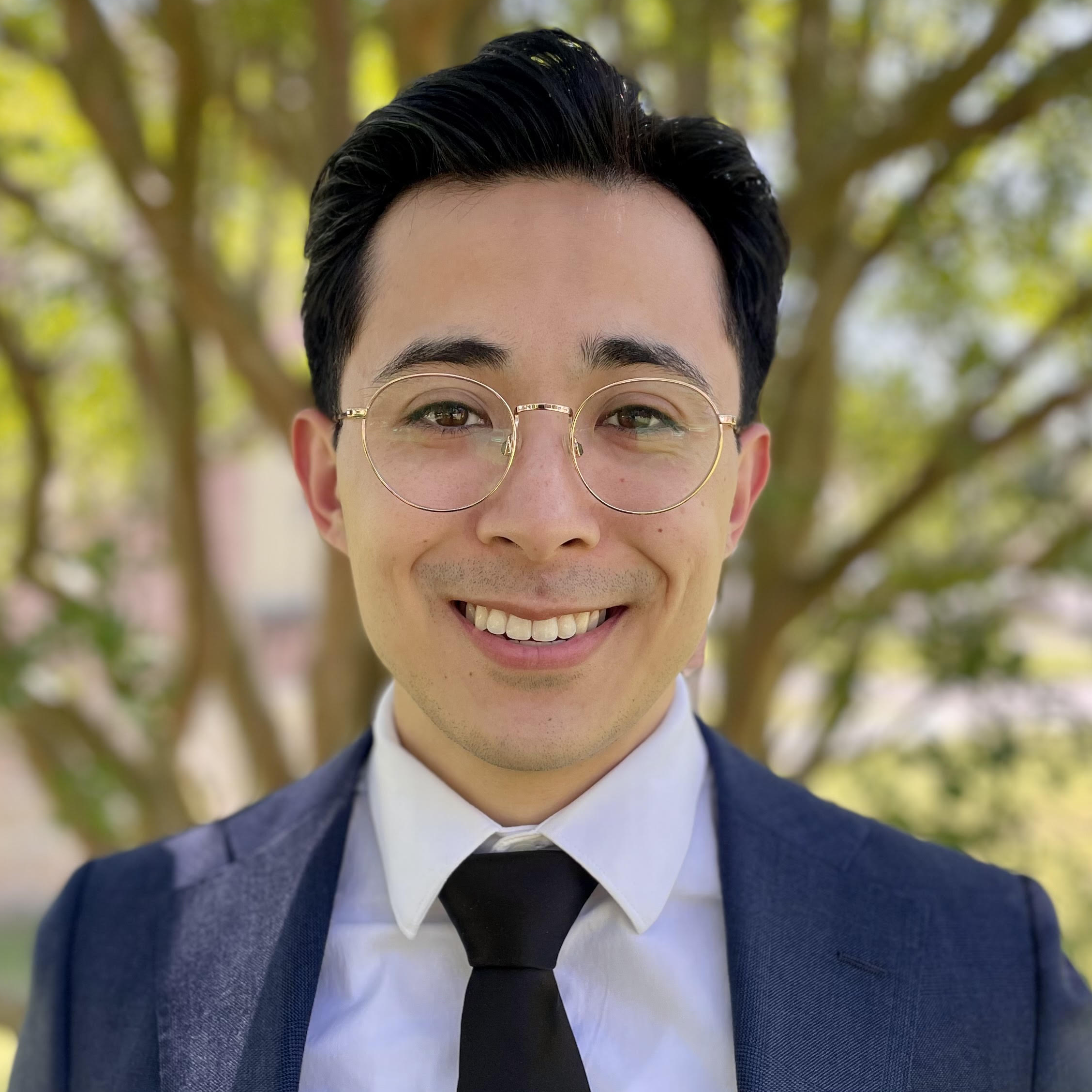
Nicholas’s research interests are focused on the application of pathogen genomic data with modeling approaches to understand the evolution, transmission, and prevention of infectious diseases.

Maddy is a second-year PhD student in the Population Health Sciences program in Infectious Disease Epidemiology, and a fourth-year student in the MD-PhD program advised by Dr. Yonatan Grad. She is interested in genomic epidemiology and mathematical modelling, especially of Group A Streptococcus, and also in the impact of climate change on infectious diseases.
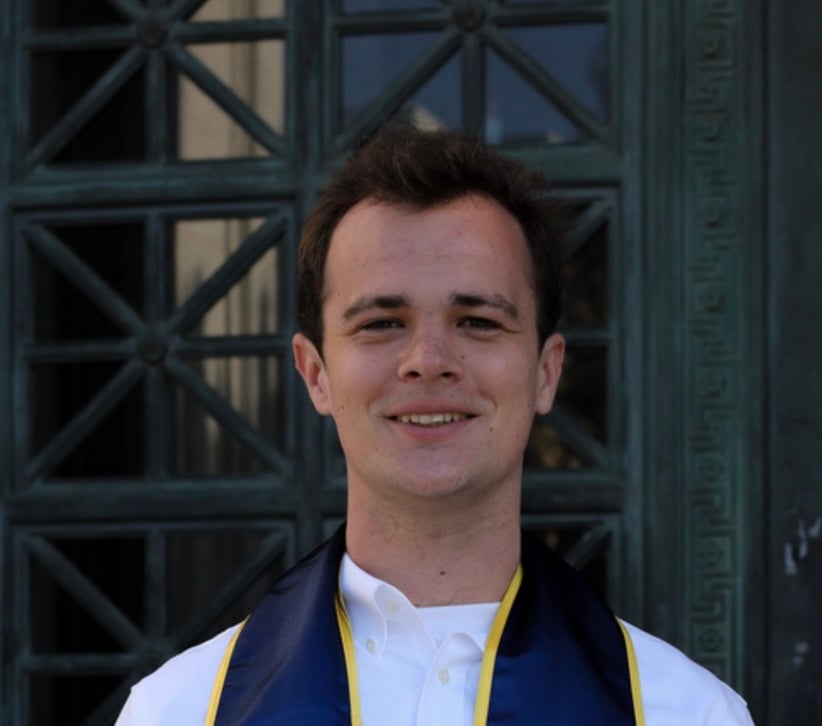
Eric is interested in both immunity to N. gonorrhoeae and developing experimental methods to capture pathogen genomics.
Join the Grad Lab
Our goal is to do high-quality research that addresses key questions about pathogens and infectious diseases within an environment that emphasizes collaboration and innovation. We welcome applications from skilled, motivated, and independent researchers at all levels.
Undergraduates interested in joining the lab should have an interest in programming, wet lab research, or a combination of both. Proficiency in at least one programming language (such as Perl, Python, R, Matlab, C(++), or Java) and biological background in at least one research area are pluses. Please read recent papers from the lab to confirm that the lab’s work aligns with your interests.
Senior researchers and postdoctoral fellows are welcome to contact Yonatan about opportunities. Postdoctoral applicants should provide a CV and contacts for three letters of recommendation.
